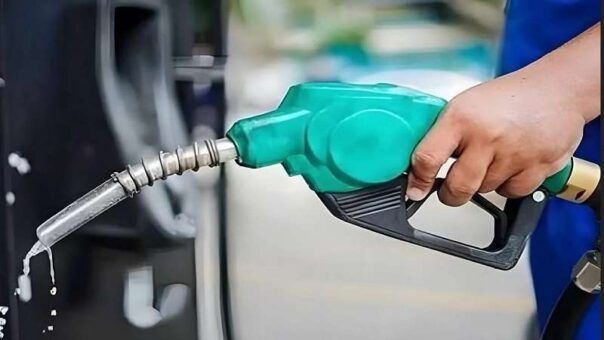Petroleum prices in Pakistan for the final two days of March 2024 stand at Rs 279.75 per liter for petrol and Rs 285.56 per liter for high-speed diesel (HSD). These rates will be effective until March 31, 2024.
In the preceding adjustment on February 29, 2024, Pakistan opted to maintain petrol prices while reducing the rate of high-speed diesel for the forthcoming fortnight beginning March 16, 2024. This decision, the first of its kind under the current administration, was announced by the Finance Division on Friday.
According to the Finance Division’s statement, petrol will hold steady at Rs 279.75 per liter for the ensuing fortnight, while high-speed diesel sees a reduction of Rs 1.77 per liter, now priced at Rs 285.56 per liter. These amended prices will take effect from 12 am on March 16 and remain unchanged until March 31, offering consumers stability amidst volatile global oil markets.
The latest adjustments in fuel prices extend to other petroleum products as well. The Ministry of Finance disclosed that kerosene oil’s price has been lowered to Rs 188.86 per liter, a decrease of Rs 1.35 per liter, while light diesel oil now costs Rs 2.12 less per liter.
An examination of the petroleum pricing structure reveals various charges levied by the government on fuel products. Presently, consumers pay Rs 60 per liter of petrol as Petroleum Development Levy (PDL), in addition to an Internal Freight Equalization Margin (IFEM) of Rs 5.69 per liter, an Oil Marketing Companies (OMCs) margin of Rs 7.87 per liter, and a dealers’ margin of Rs 8.64 per liter.
Similarly, high-speed diesel incurs a PDL of Rs 60 per liter, along with an IFEM of Rs 4.24 per liter, an OMCs margin of Rs 7.87 per liter, and a dealers’ margin of Rs 8.64 per liter. These intricate pricing mechanisms underscore the complexity of the energy sector, where multiple stakeholders contribute to the final cost borne by consumers.
The decision to maintain petrol prices coincides with global concerns regarding energy security and stability. Against a backdrop of geopolitical tensions and supply disruptions, policymakers grapple with balancing domestic needs and international market dynamics. Moreover, the reduction in diesel rates may alleviate financial burdens for sectors reliant on diesel-powered machinery and transportation, offering relief to businesses and consumers across various industries, from agriculture to logistics.
